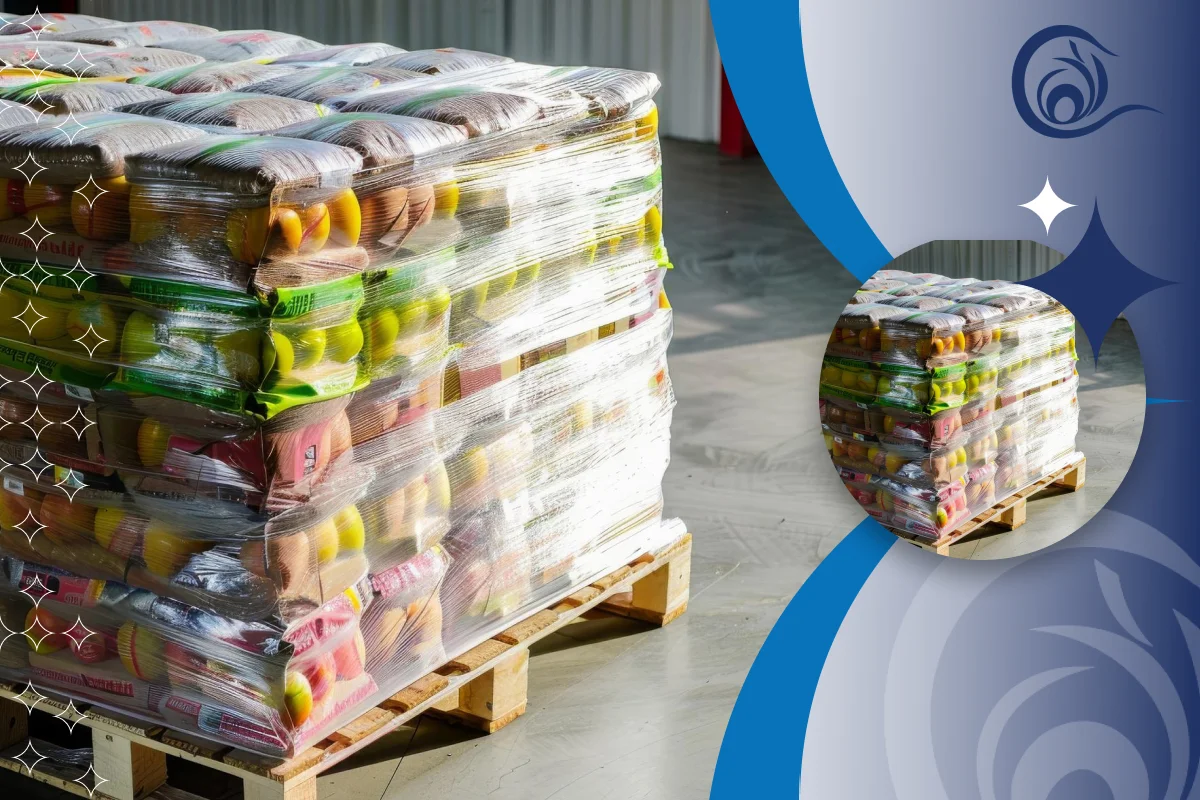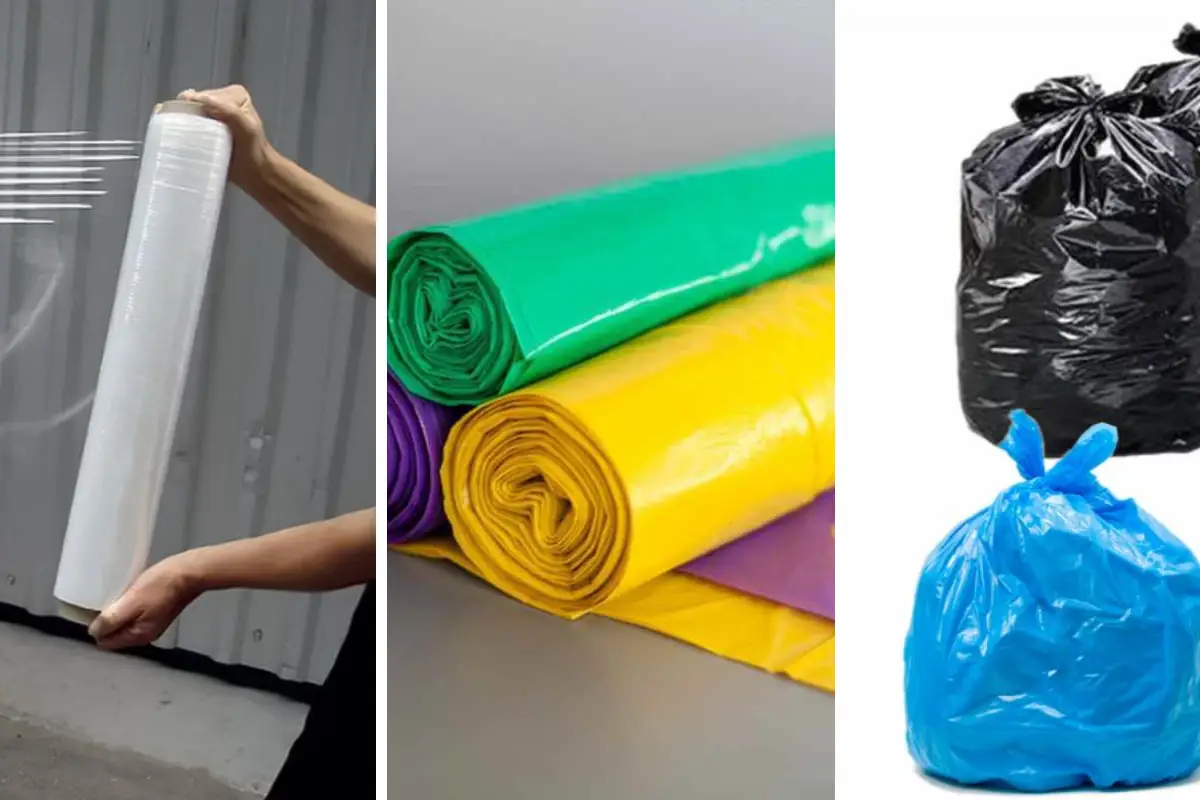Medical waste isn’t your average trash. It’s often infectious, hazardous, and potentially life-threatening. That’s why choosing the right medical waste bag isn’t a nice-to-have — it’s a must. From protecting your staff and patients to safeguarding the environment, the right bag plays a critical role in the entire waste disposal chain.
This quick guide breaks down the key features to look for, so you can make informed, responsible purchasing decisions.
Why Medical Waste Bags Matter More Than You Think
A hospital waste bag isn’t just a container — it’s your first barrier against contamination.
If it tears, leaks, or fails under pressure, the consequences can be serious:
- Environmental contamination
- Staff exposure to pathogens
- Risk of hospital-acquired infections
That’s why strict quality standards exist — and why healthcare facilities must follow them to the letter.

The Hidden Risks of Infectious Waste
Infectious waste can contain bacteria, viruses, and fungi capable of transmitting serious diseases like Hepatitis B, Hepatitis C, and HIV.
Any contact with these materials — or leakage from improperly sealed bags — is a potential health hazard.
On top of that, poor waste management can contaminate soil and groundwater, posing a long-term risk to local ecosystems.
The first step in breaking this chain of danger?
Using the right bag — built to handle high-risk waste without compromise.
Compliance Matters: Legal Standards & Infection Control
In Iran, strict waste management laws require healthcare facilities to:
- Separate waste properly
- Neutralize infectious materials
- Use approved disposal methods
A huge part of this process depends on using standard-compliant waste bags.
Bags must meet key criteria for:
Thickness
Tear and leak resistance
Color coding
Clear biohazard labeling
Raga Parsian designs and manufactures medical waste bags that meet these national standards — with zero shortcuts.
What to Look for in a Hospital-Grade Waste Bag
Two yellow bags may look the same, but performance can vary wildly.
That’s why facility managers and purchasing leads must look beyond surface-level specs.
1. Strength, Thickness & Leak-Proof Materials
The bag should be made from **high-quality polyethylene — either HDPE or LDPE — with a recommended thickness of 50–70 microns, depending on the bag size.
Why it matters:
- Prevents punctures from sharp objects
- Holds up under pressure
- Stops dangerous fluid leaks
Bottom line: You want a physical barrier you can trust, not a gamble.
2. Star-Sealed Bottoms for Maximum Leak Protection
Many waste bag failures happen at the bottom seal.
Star-sealed bags are engineered to distribute weight evenly, reducing stress on any one point.
This seal design greatly lowers the chance of rips and leakage — especially when handling heavy or high-volume waste.
All Raga Parsian medical waste bags come with reinforced star seals to give you peace of mind.
3. Proper Sizing to Match Waste Bins
Sizing mistakes are more common than you’d think.
A bag that’s too small slips into the bin and spills. Too large? You waste material and budget.
Measure your bins carefully, and choose bag sizes that fit snugly and securely.
Need a custom size?
Raga Parsian offers made-to-order dimensions for bulk clients.
4. High-Quality Warning Labels That Stay Visible
Every infectious waste bag should display the biohazard symbol and the words “Infectious Waste” — printed clearly and durably.
Why this matters:
- Helps staff identify dangerous materials
- Ensures compliance during transport and disposa
- Prevents mix-ups that could risk lives
At Raga Parsian, our labels are smudge-proof and moisture-resistant, so they stay legible from start to finish.

Why Choose Raga Parsian for Your Medical Waste Bags?
When you choose the right waste bag, you’re investing in more than compliance —
you’re investing in the safety of your team, your patients, and your community.
Raga Parsian brings years of specialized experience in producing industrial-grade plastic bags for healthcare facilities across Iran.
We know what the job demands — and we deliver.
Our bags are made with:
- Top-tier raw materials
- Leak-proof star seals
- Durable, regulation-compliant labeling
Looking to place a bulk order or get a quote?
Talk to our team today.** We’re here to help you find the safest, smartest solution for your facility.
FAQs
What’s the standard thickness for infectious waste bags?
We recommend 50 to 70 microns, depending on size and usage. Thicker bags offer better resistance to tears and punctures.
Are medical waste bags recyclable?
No. Due to contamination risk, these bags must be sterilized (usually via autoclave) and disposed of by approved methods. They are not recyclable.
Can I order custom-printed or custom-sized bags from Raga Parsian?
Absolutely. For large orders, we offer custom sizing, thickness, and even printing options (including your facility name or logo alongside standard warnings).



